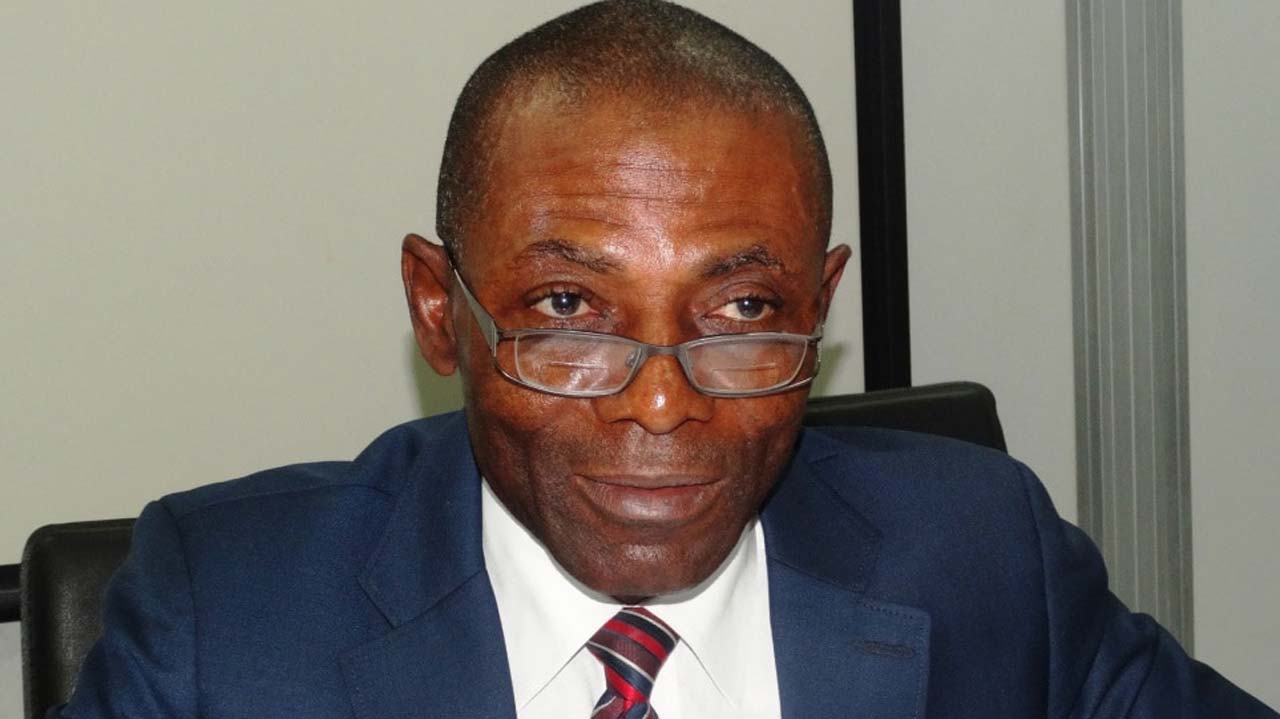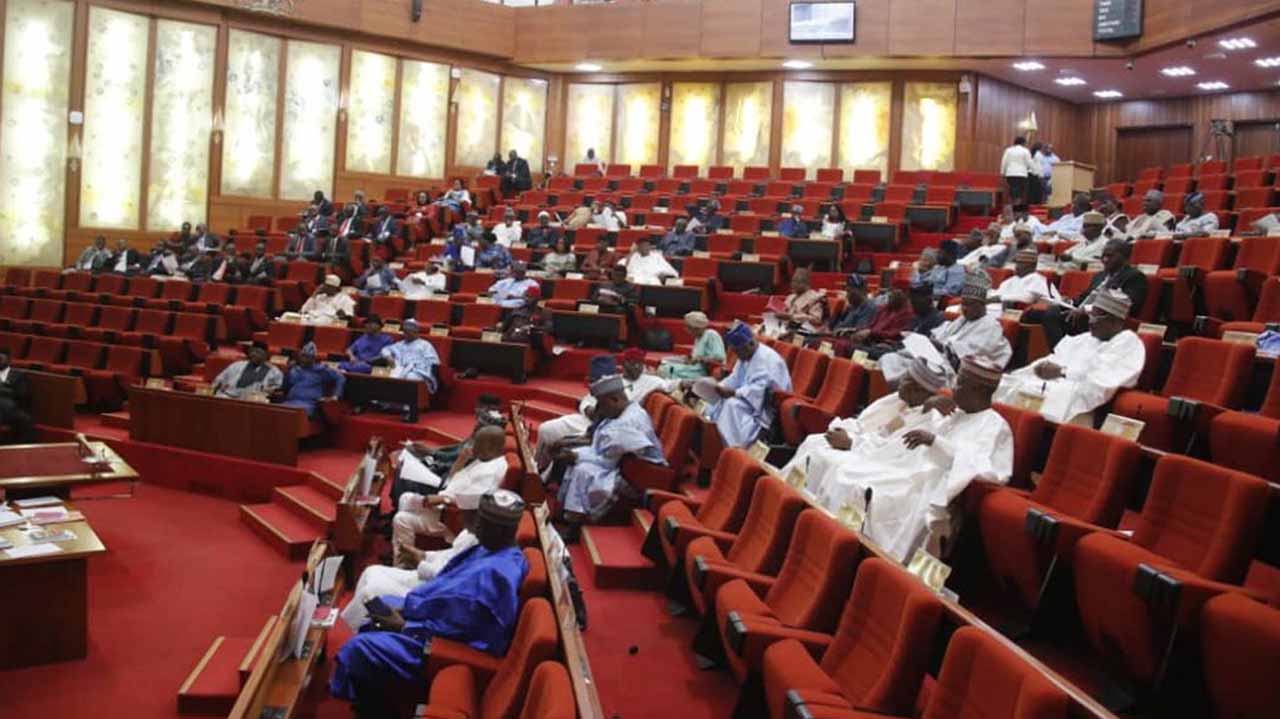
• Defaulting officials risk five-year jail term
• CSOs seek reform of financial magt system
The Senate is working on a legislation to compel the Federal Government and its agencies to submit their accounts for audit as required by the 1999 Constitution.
It was learnt that the new law prescribes a five-year jail term for defaulting government officials, in addition to the payment of N2 million fine.
It was also learnt that the lawmakers’ move was triggered by frustration being encountered in getting the Federal Government to embrace the audit system as the main weapon to prevent and fight corruption.
Last month, the Auditor General of the Federation, Anthony Ayine, shockingly informed the Senate that 160 agencies did not submit their accounts for auditing; 265 agencies also defaulted in 2017 while eleven agencies have never submitted any financial statements since inception.
Ayine also disclosed in a report submitted to the National Assembly that “the accounts and financial statements of government statutory corporations, companies, commissions and others, otherwise called parastatals, are not audited in line with Section 85(3) (a) of the 1999 Constitution.”
To that effect, Ayine recommended that the National Assembly should withdraw the budgetary allocations of Ministries, Departments and Agencies (MDAs) who failed to get their accounts audited.
From personal interest to lack of political will, the all-important enactment that would strengthen fiscal laws, provide undeniable evidence of a breach of public trust and effective anti-corruption war, has remained in limbo.
For example, the Federal Audit Reform Bill which was introduced to the National Assembly as a private member’s bill and went through legislative processes, including a public hearing, and was passed by the lawmakers, was not signed by the then President Olusegun Obasanjo before leaving office in 2007.
A second attempt made during the first term of President Muhammadu Buhari also succeeded in getting the Audit Reform Bill passed by National Assembly and it was transmitted to him in February 2019 for assent, but he ignored it.
The new Senate law, the bill of which has already been published in an official gazette, was sponsored by Senator Bomai Ibrahim Mohammed (Yobe South). It provides that an audit agency shall ensure and facilitate the prevention and detection of fraud.
The agency, according to the bill, shall be responsible for setting standards and procedures for the conduct of internal audit activities in the Ministries, Departments and Agencies (MDAs);
ensuring that financial, managerial and operating information reported internally and externally is accurate, reliable and timely; and ensuring that the financial activities of the MDAs are in compliance with the laws, policies, plans, standards and procedures.
The audit agency shall equally ensure that national resources are adequately safeguarded, used economically, effectively and efficiently, and that the plans, goals and objectives of the MDAs are achieved.
The new legislation establishes internal audit units which shall constitute part of the MDAs.
“There shall be appointed for each internal audit unit, personnel required to ensure an effective and efficient internal auditing of the MDA concerned.
“An internal audit unit established under subsection (1) shall in accordance with this Act and standards and procedures provided by the agency, carry out an internal audit of its MDA and shall submit reports on the internal audit it carries out to the executive secretary of the internal audit agency.” the bill further stated.
Angered by the breach of the constitution and the law by the MDAs, the auditor general, while submitting the 2017 audit report to the National Assembly, last month recommended that “stringent sanctions, including withholding financial releases and sanctioning of the chief executive officer, should be imposed on defaulting agencies that do not render timely accounts as provided in the constitution, financial regulations and other relevant laws.”
Some of the government corporations, companies and commissions, according to Ayine, had not submitted their audited accounts to him as at 30th June 2019, “despite the provision of Financial Regulation 3210 (v) which enjoins the chief executive officers of these bodies to submit both the audited accounts and management reports to me not later than 31st May of the following year of accounts.”
The report further revealed some defaults in the audit report of the MDAs.
“A number of major weaknesses and lapses in the management of public funds and resources were identified across several MDAs during the annual audit. A separate section is, therefore, included in this annual report to highlight the key issues.
“Our findings range from irregular expenditures to failure to surrender surplus revenues to the treasury, all running into billions of naira. Also notable was the continuing failures in the implementation of International Public Sector Accounting Standards (IPSAS).
“Overall, our findings are indicative of significant weaknesses in expenditure control, accounting, financial reporting and in the completeness and accuracy of the consolidated financial statements,” the auditor general said.

Some civil society groups are equally renewing campaign for the enactment of appropriate laws to promote the audit of accounts of public institutions to reduce corruption and leakages.
The Executive Director, Media Rights Advocacy, Edetaen Ojo, said: “There is now the need to take a more strategic approach in advocacy to ensure legislative success and presidential assent to such bills.”
The Centre for Social Justice (CSJ) in collaboration with the Rule of Law and Anti-Corruption Programme of the British Council, and supported by the European Union, is leading the move to ensure the effectiveness of the federal audit process and reforms designed to achieve three key objectives, in line with international best practices.
These include the enactment of a federal audit service commission; building the capacity of civil society and media to demand and monitor compliance of MDAs with the audit laws; and supporting the office of the auditor-general of the federation, public accounts committees and MDAs to improve practice.
The Lead Director of CSJ, Eze Onyekpere, said that “after the implementation of each budget cycle, it is the duty of the auditor-general to review whether the country had value for money and whether the money was spent in accordance with appropriation, financial instructions and regulations, and public finance management laws.”
“If you look at audit reports in previous years, you will see a whole lot of money running in billions of naira, which have not been properly brought into accounts. So it is a weak part of the chain in public finance management and unfortunately, despite the reforms going on, not much has been done in audit reforms,” he said.
The fresh Senate bill has equally provided for stiff sanctions and penalties for defaulting MDAs and public officials.
The bill states: “Any person who gives the executive secretary any information or explanation which the person knows to be false or which the person has no reason to believe to be true contrary to section 12 (2) (a); fails to produce for inspection by the executive secretary or otherwise fails to give the executive secretary access to any book, record or office when requested by the executive secretary contrary to section 12 (2) (b); willfully suppresses any information or explanation required by the executive secretary; or obstructs the executive secretary in any way in the performance of functions under this Act; provides information which the person knows to be false or which the person has no reason to believe to be true to an internal auditor, commits an offence and is liable on summary conviction, to a fine not less than N2million or to imprisonment for a term not exceeding five years or to both.”



